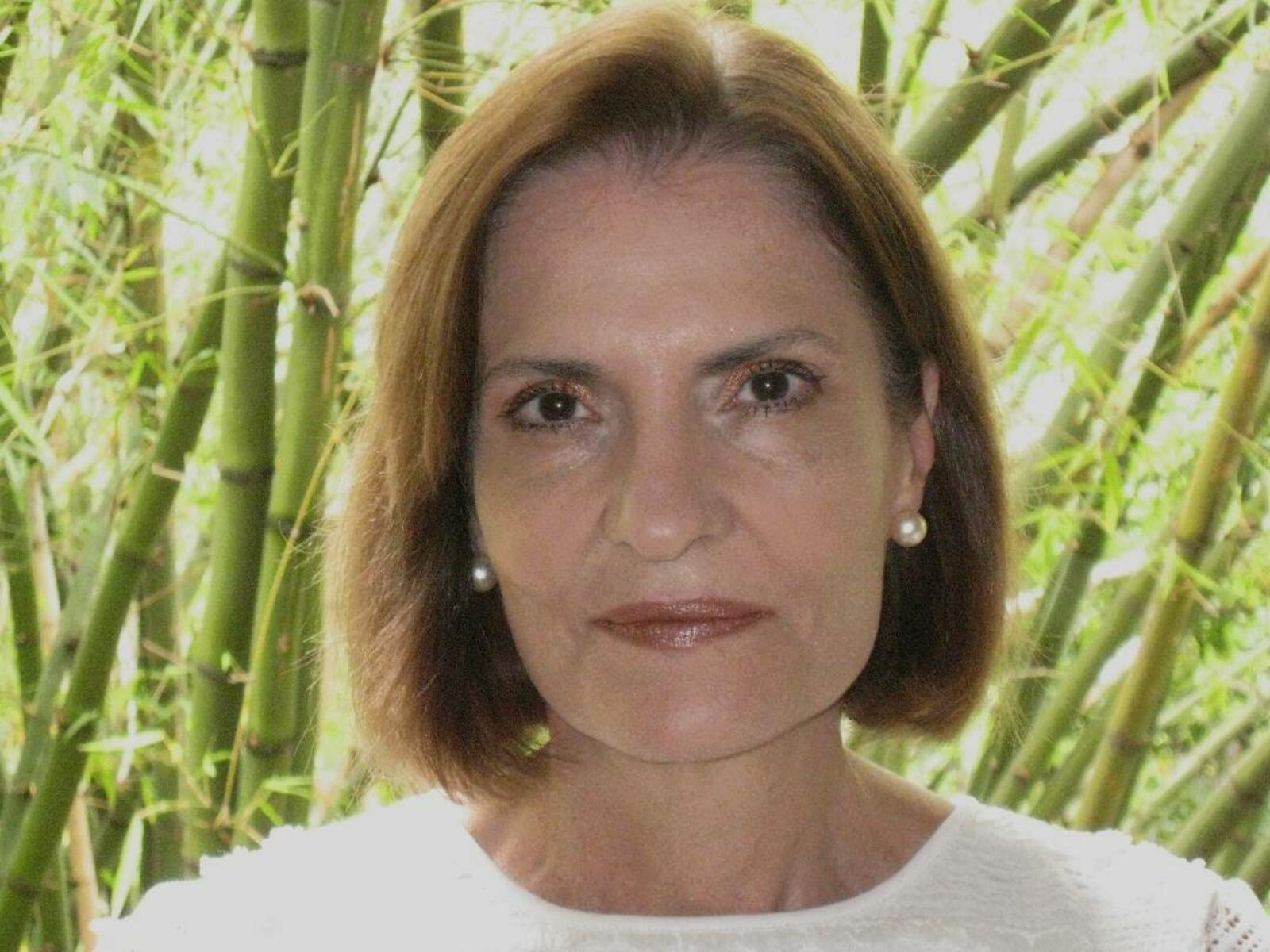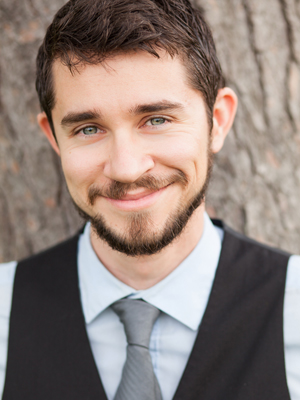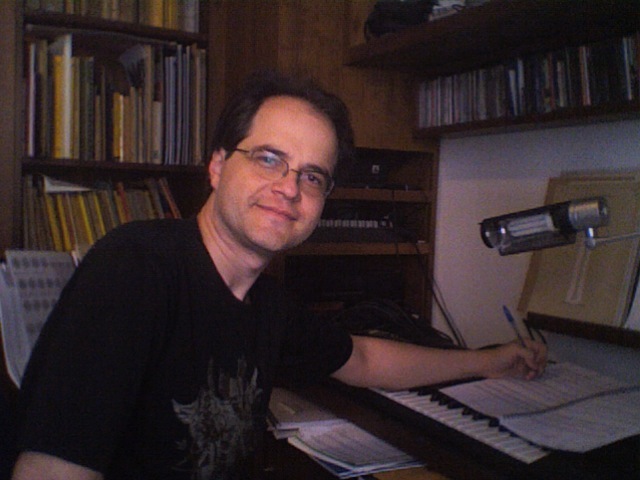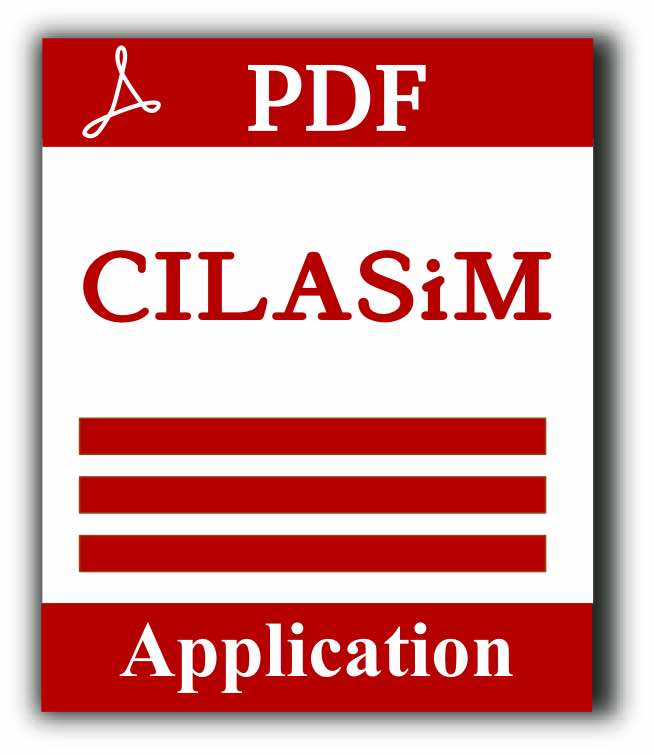
CILASiM Third International Composition Competition
Rules and Regulations
Haga clic aquí para ver la versión en español.
Clique aqui para ler a versão em português.
Click here for a sample page from one of our scores.
-
This competition is open to composers above the age of 21 provided they were born in Latin America. For the purposes of these rules the term “Latin America” refers to any country in South America, Central America, the Caribbean and Mexico.
- Composers who are affiliated with or who have works that are being considered for publication by Cayambis Music Press, any CILASiM director, officer and employee, representative or agent, including editors and adjudicators, as well as any of their immediate family members with whom they are domiciled, are not eligible to enter this competition.
- Composers may submit up to three original compositions as long as the submitted work has not won a prize in any other competition.
- Submitted works must be for the Cayambis Sinfonietta, 1(pic)011/2000/2/1/22221; that is, flute doubling piccolo, clarinet, bassoon, two horns, percussion (two musicians playing handheld or portable percussion instruments), piano, and strings (two players on violin I, violin II, viola and cello, and one player on contrabass), and be 13 to 16 minutes in duration. In addition, they must be digitally notated and moderately difficult to perform (approx. grade 4 on a six-point scale). Although any musical style is welcome, composers should incorporate an element(s) of national or regional identity, however they may understand these terms.
- Compositions must be submitted electronically as a PDF. The composer’s name and any other personally identifying mark should appear only on the first page of the manuscript (this page will be removed from the copies evaluated by the jury). If possible, include an mp3 or MIDI file.
- The submission period begins on the date of publication of these rules. The deadline for submission is May 31, 2024. Submissions received after that date will be disqualified.
- The CILASiM appointed jury of adjudicators will select up to four compositions as finalists and/or runners up. However, the jury reserves the right to declare the competition deserted if in its opinion the submitted scores are not of a sufficiently high standard.
- The categories of prizes (and corresponding monetary awards) will be: First Prize ($1000); Second Prize ($500); Third Prize ($250); honorable mention. The winning composers will discuss and agree to a strict deadline for the preparation and delivery of performance materials.
Notwithstanding that the copyright of the work is held by the composer, the winner in every category agrees to indicate in any publication or promotion of the composition the following text:
[Insert category, e.g., Second Prize Winner] of the CILASiM Third International Composition Competition.
- By submitting a composition, the composer grants the following rights to CILASiM:
- The right to perform winning compositions for one year following the entry deadline.
- The right to stream the performance online and/or subsequently post performance recordings on YouTube, SoundCloud or any other similar online platform.
- The exclusive right to produce a studio recording of the composition for two years following the entry deadline.
- Application materials become the property of CILASiM and will not be returned. CILASiM will not accept any works that do not meet the guidelines outlined above, and is not responsible for any item lost or damaged while in transit. Participation in this competition implies unconditional acceptance of the terms and rules of this competition.
Adjudicators
Josefina Benedetti.
Josefina Benedetti is a Venezuelan composer who was born in the US in 1953. She studied piano in Caracas and in London and graduated in Venezuela as a choral director, composer, and musicologist. She has received awards in national and municipal composition competitions in Venezuela in 1989, 1990, 1993 and 1998. Her catalog consists of works for chorus, orchestra, chamber music and electroacoustic compositions. Her works have been performed and recorded by well-known orchestras and soloists in Venezuela as well as in the US, Ecuador, Spain and France; in addition, she has participated in various installations with visual artists. She was president of the Juventudes Musicales in Venezuela and the National Philharmonic Orchestra Foundation, and the cultural director of the Central University of Venezuela, where she is currently a professor of analysis and musical aesthetics in the School of the Arts. Punceles de Benedetti is the author of “La estética postmoderna en la música venezolana.”
William Kenlon.
A lecturer in the Catholic University of America’s department of theory and composition, William Kenlon is a composer who specializes in music for chamber, choral, and jazz ensembles. A student of composers from a variety of traditions, his music continues to garner praise for its originality and sophistication. He has received numerous commissions, and his music has been performed by some of this nation’s most prestigious ensembles. More recently, Kenlon is proud to be a co-founder and administrator of the District New Music Coalition, which promotes the performance and appreciation of new music throughout the metropolitan area.
Bruce Mahin.
Bruce Mahin has accumulated a lifetime of accomplishments as a composer, performer, scholar and producer of published recordings. His compositions span genres from experimental, classical to popular music. His works incorporate media both traditional and innovative, incorporating performer improvisation, real-time interactive technologies, extended performance techniques and functional non-diatonic harmonies. Mahin received long-term composer fellowships at Glasgow University Department of Music (1996, 2007) and Le Cité Internationale des Arts in Paris (2007, 2009, 2010, 2013, 2022). Recent long-term collaborations with British pianist Martin Jones and the Glasgow-based Scottish Voices resulted in multiple recordings and performances in the United Kingdom, France and the United States.
Alexandre Travassos.
Born in São Paulo, Brazil, Alexandre Travassos is one of the most important composers of his generation. He has won many national and international prizes, such as the 1st Composition Contest of the São Paulo State Symphonic Band, the Penfield Music Commission Project (USA) and the Funarte Classical Music Composition Contest. His compositions and arrangements are frequently performed in Brazil and in other countries, such as Argentina, Portugal, Holland, Spain and the United States. Equally gifted as a clarinetist, Travassos has performed with the São Paulo State Symphonic Band, and currently, works as a clarinet monitor for the Orquesta Experimental de Repertório.
Application Form
Click on the link to download a fill-able version of this form.

Send your application materials to: [email protected]
Frequently Asked Questions
Q. I work in Germany, but was born in Brazil. Can I still submit my composition(s)?
A. Yes! Our competition is open to anyone who was born in a Latin American country, regardless of where they may currently be working, studying or residing.
Q. What do you mean by “element of national or regional identity?”
A. We prefer not to define this phrase; however, those compositions that in our view could be characterized as an arrangement or a transcription might possibly be disqualified. In other words, we are interested in original compositions in which national or regional elements are incorporated in an imaginative or creative manner.
Q. What is the time zone for the submission deadline?
A. Your submitted composition(s) must be received before 12 midnight, Eastern Standard Time (as in New York or Washington, DC). In other words, when we receive your submission, the time stamp on the email must be no later than 11:59:59 on May 31, 2024 (EST). Compositions received after midnight, if even during the first few seconds of June, 2024, will be disqualified.
Q. Can I submit a multi-movement composition?
A. Yes! However, the total time (played) must be between 13 to 16 minutes in duration.
Q. Can I submit a multi-movement composition in which some of the movements are for fewer than or more than the seventeen members of the Cayambis Sinfonietta?
A. No. Each movement of a composition for the Sinfonietta must be scored for the complete ensemble. Compositions that do not adhere to this standard may be disqualified.
Q. What if I will be 21 in 2024?
A. Happy birthday! However, in order to submit a composition, you must be 21 on or before May 31, 2022, in order to participate in our competition.
Q. What if I have a question?
A. Write to us.
Previous Winners
Second International Competition, 2022
Unfortunately, our panel of adjudicators declared the competition deserted.
First International Competition, 2020
1st Place. Daniel Oropeza (Venezuela), Seis piezas populares.
2nd Place. Andrés Poveda (Colombia), Savannah.
3rd Place. Jorge Díaz (Venezuela), Cuatro piezas para insectos.
Honorable Mention. Iván Salazar (Ecuador), Danzas de chakana.
The Cayambis Institute for Latin American Studies in Music (CILASiM) is a 501(c)(3) nonprofit organization, EIN 84-272763.
|
|
|